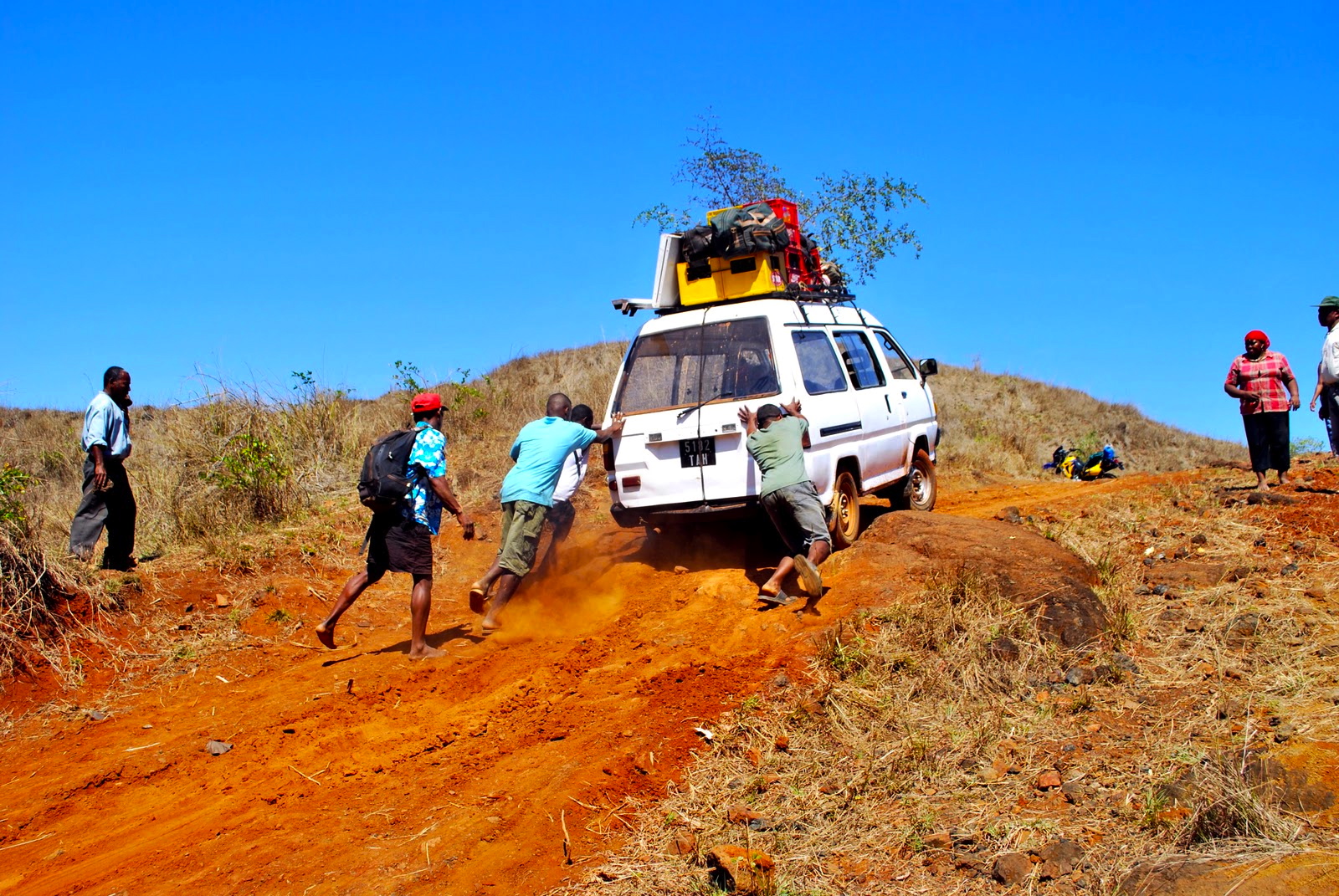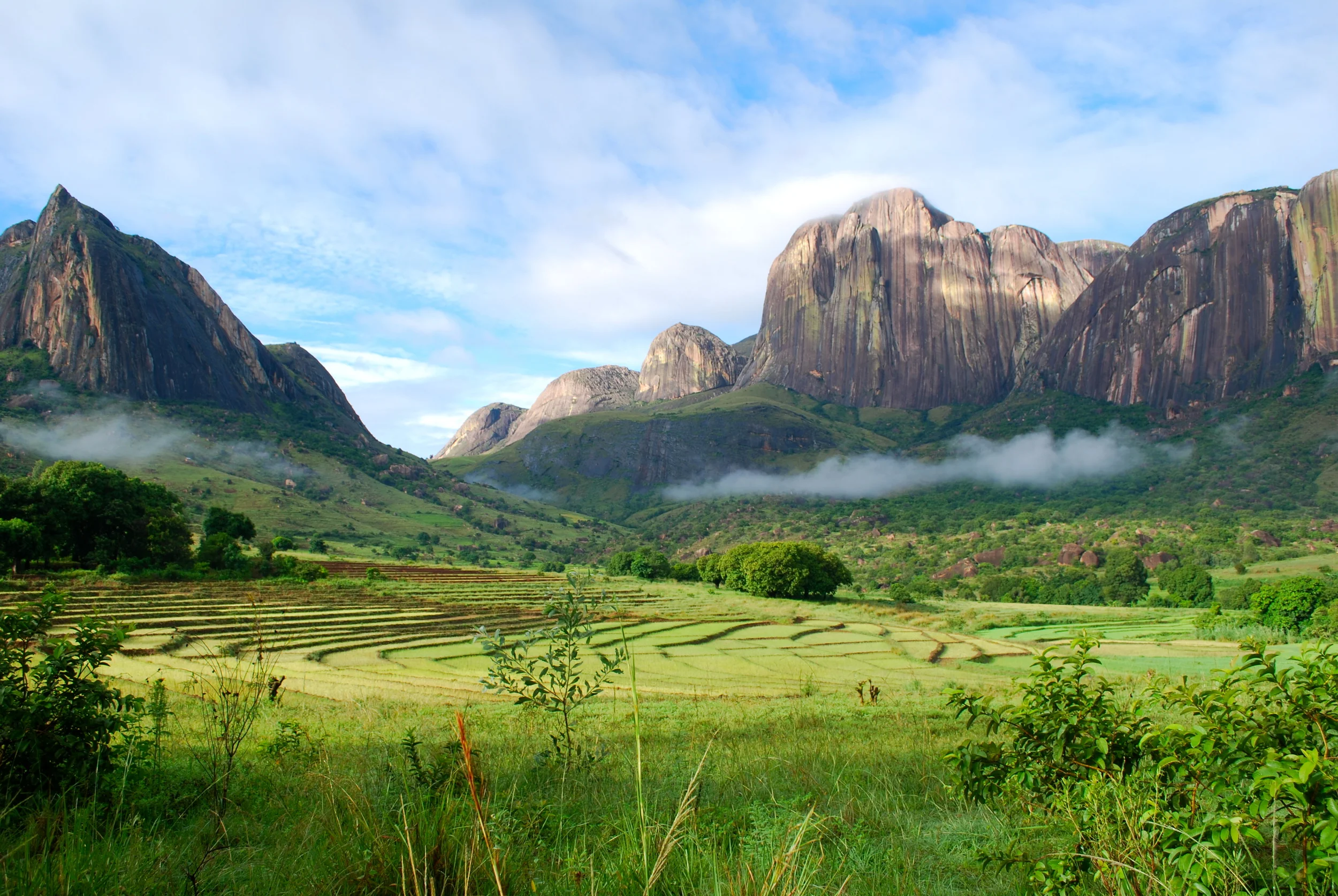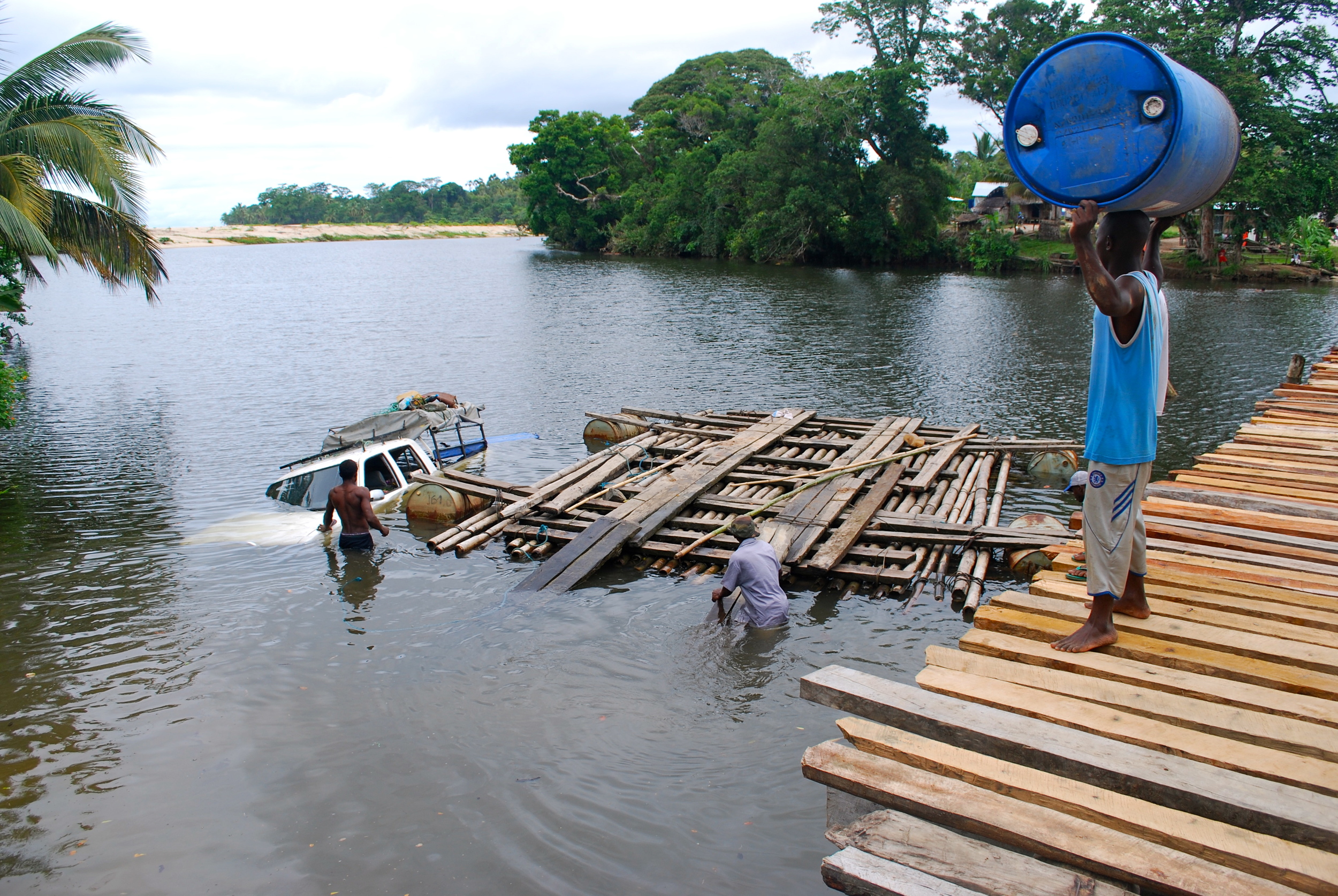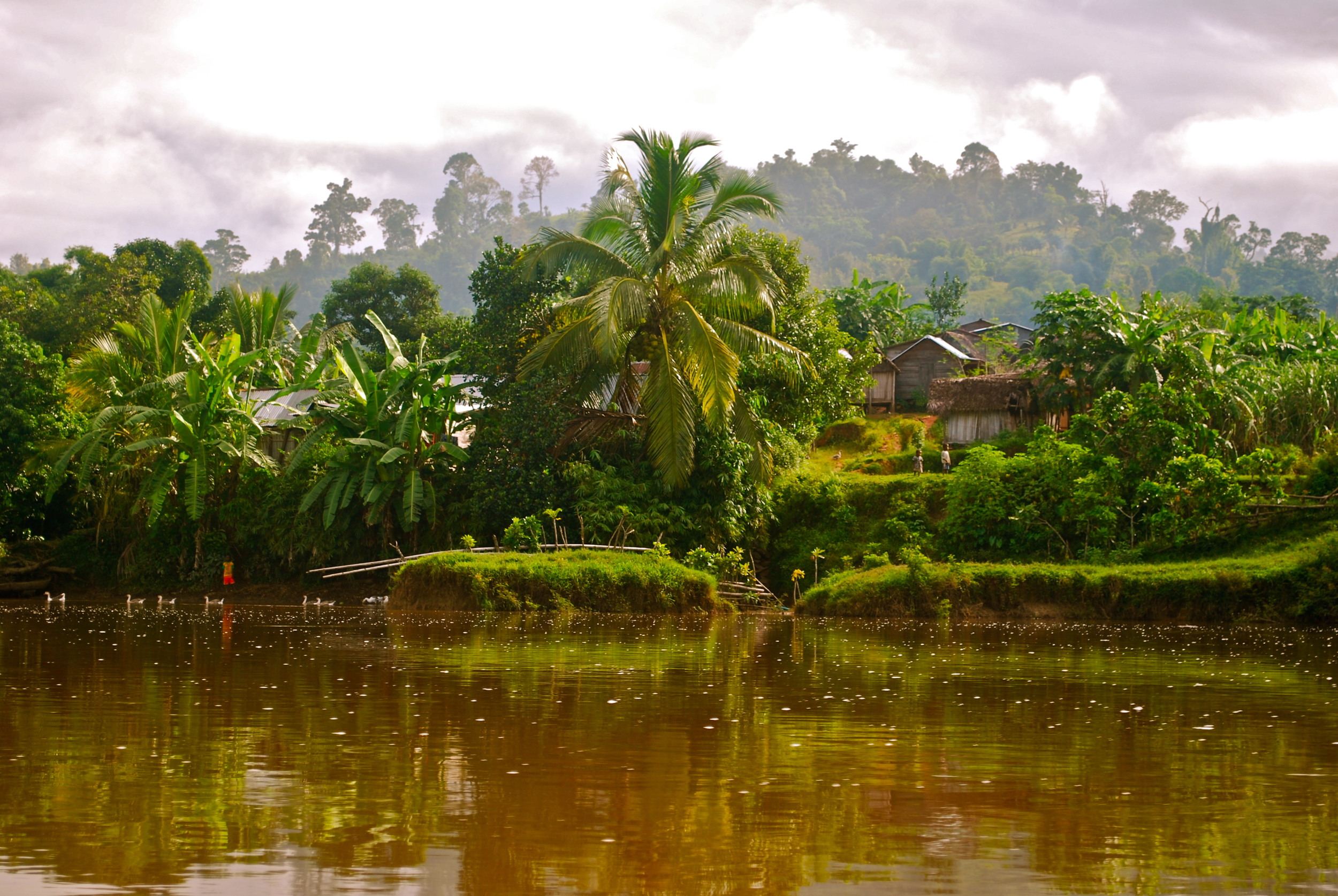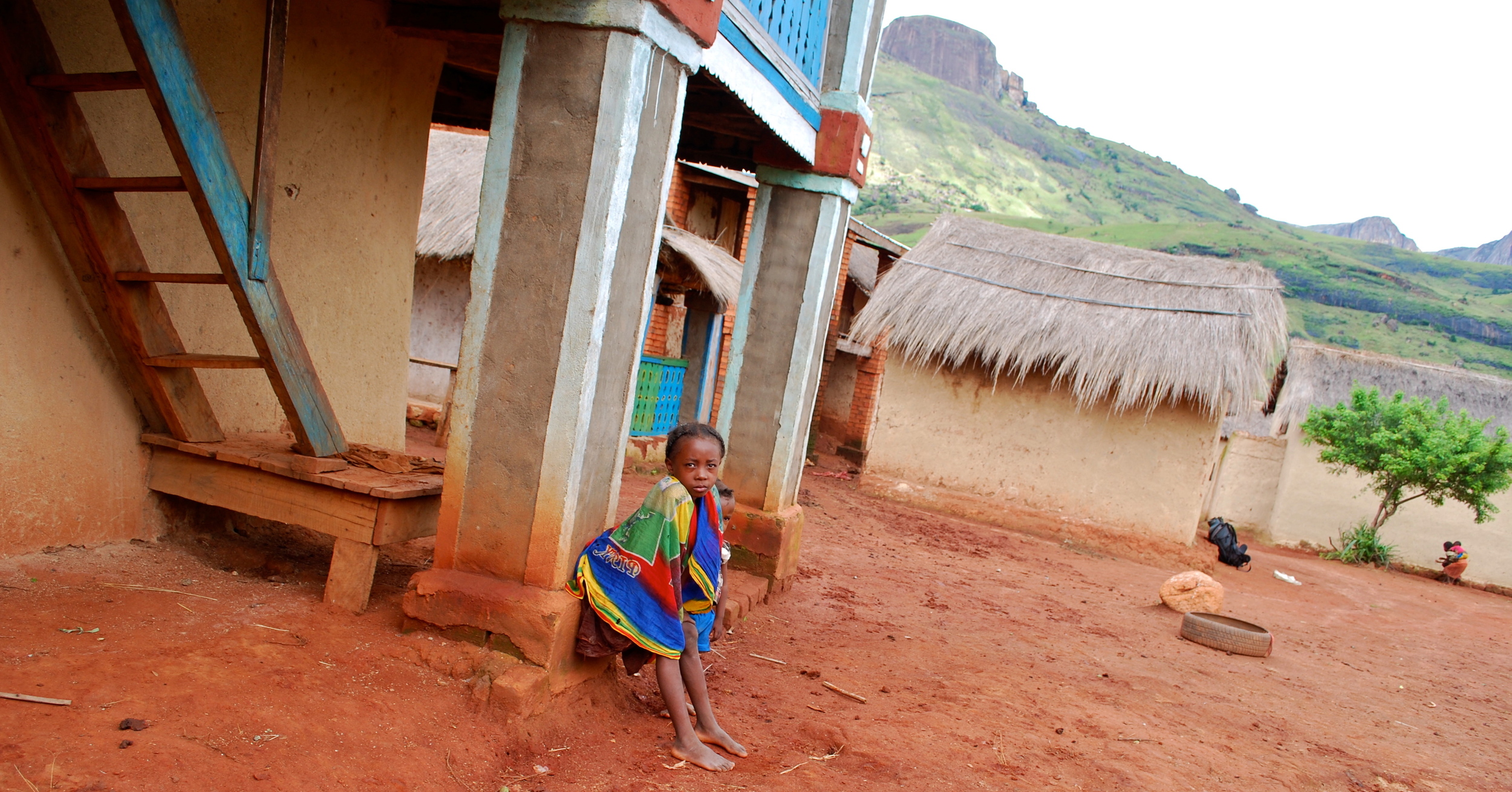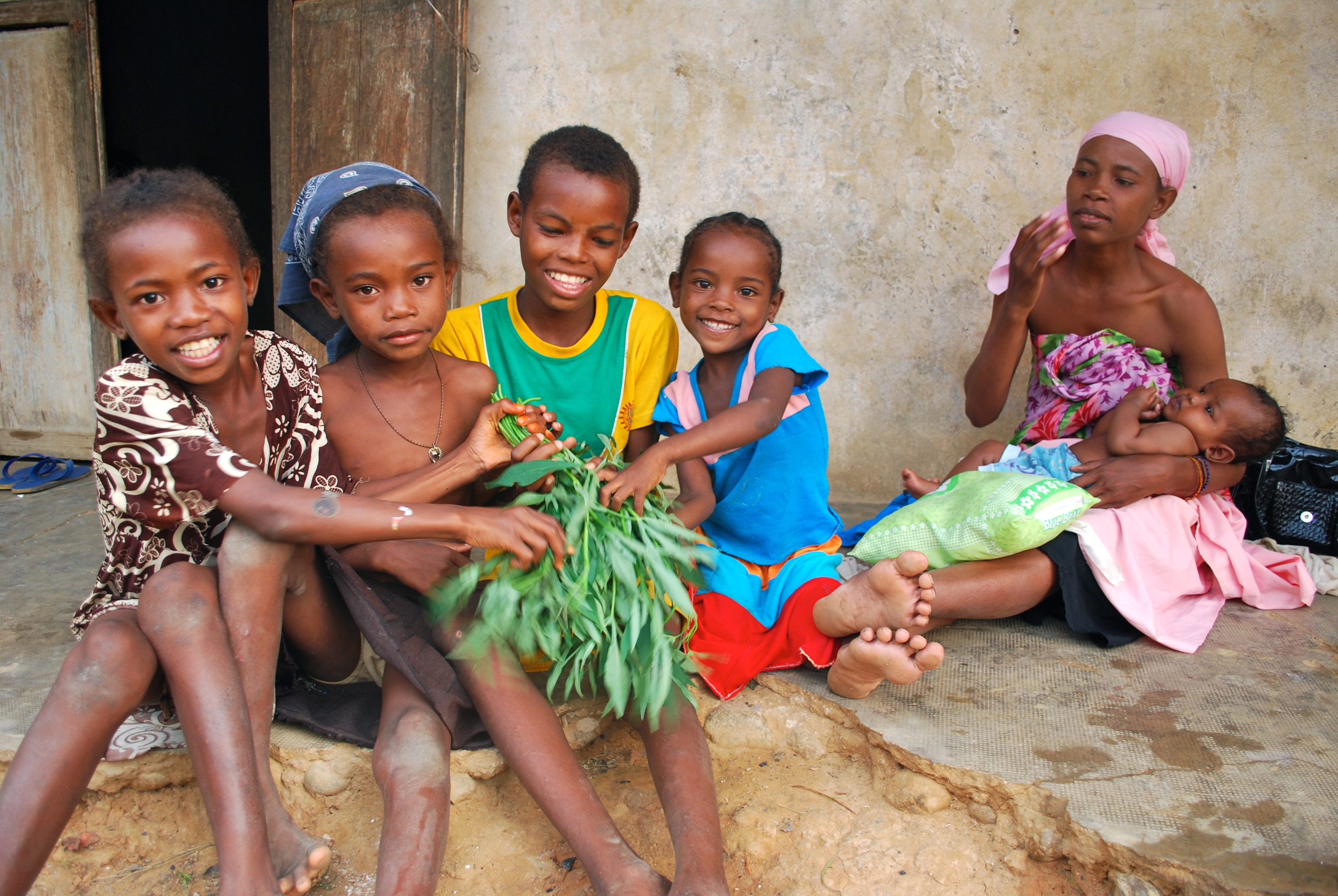From Sights Unseen
When I left for my Peace Corps service in Madagascar, I didn’t even bring my camera. Though I had taken photography classes for nearly a decade, though looking through a lens was one of my primary ways of engaging with the world- I told myself that this wasn’t what I had joined the Peace Corps to do. I left my camera at home, and though I missed some amazing shots in my first nine months in Madagascar, I don’t much regret the loss.
A camera changes the way you are perceived; it changes the meaning of your presence, especially in the early dynamic of a PCV and the home community. I appreciate now that during my months of introduction and struggle to adapt, I wasn’t trying to capture my experience and I wasn’t putting a barrier between myself and the people who surrounded me.
That all being said, I was ecstatic to get my camera back. Madagascar is a beautiful, complicated, misunderstood country. It is as far away from the United States as a place on earth can be- physically of course, but also in terms of its environment, culture, politics, and religion. Yes, it is one of the world’s poorest nations. With a collapsed infrastructure, nonexistent economy, and unstable governance, it teeters on the verge of environmental disaster.
But Madagascar is also so much more than this oft-told narrative of poverty and decline, and I always struggled to open up a point of access to this intricate corner of the world. Photography helped me to convey both the beauty and complexity of life on the island, and the incredible dignity and joy with which Malagasy people surmount crushing poverty.
-Katie Browne
Katie Brown is a photographer and returned Peace Corps volunteer. She served in Madagascar from 2009 - 2013. She is currently a Masters Candidate for the University of Michigan. You can see and buy her work at her website Sights Unseen.



